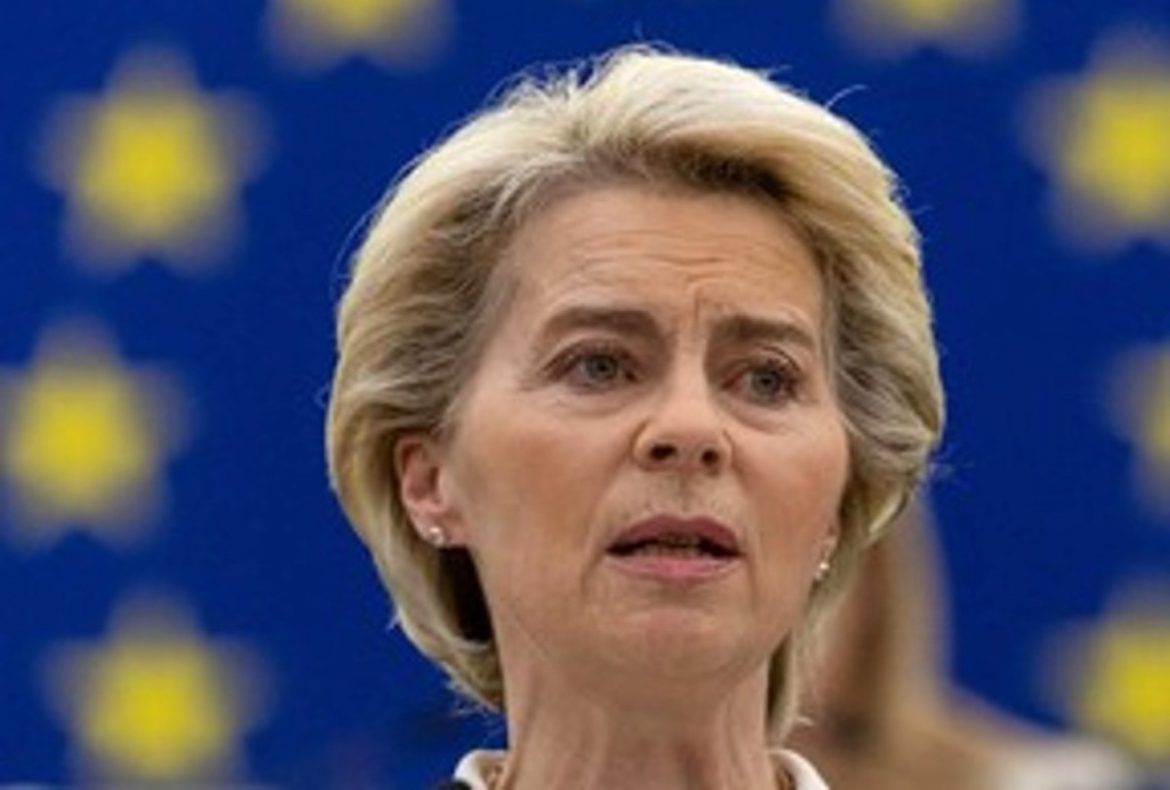One of the centrepieces of the European Commission strategy to ensure its industry can compete with the United States and China in making clean tech products and accessing raw materials required for the green transition has been announced by the Commission on Thursday .
The EU executive’s Net-Zero Industry Act and Critical Raw Materials Act are part of the Commission’s Green Deal Industrial Plan that are designed to ensure the bloc becomes a frontrunner in cutting carbon emissions and also ahead on the technology required to do so as there are signs it is lagging.
Global investment in the green transition is set to triple by 2030 from $1 trillion last year, President Ursula von der Leyen told the European Parliament on Wednesday, declaring “the race is on”.
The EU executive’s set targets include the region to mining 10% of the critical raw materials such as lithium, cobalt and rare earths it consumes, with recycling adding a further 15%, and increase processing to 40% of its needs by 2030.
Read also: Four Regional Climate Weeks in 2023 to build momentum for COP28
With China processing almost 90% of rare earths and 60% of lithium that is a key element for batteries, the supply of minerals vital for the green transition is a challenge. Despite this, the Commission said no more than 65% of any key raw material should come from a single third country.
Russia’s invasion of Ukraine has reinforced a lesson learned during the COVID-19 pandemic, in that the EU cannot rely on a single supplier for essential materials.
The EU is also expected to set a target of producing at least 40% of the clean tech products it needs by 2030, partly by streamlining the granting of permits for green projects and by fostering investment while the Commission will propose simpler state aid schemes, allowing subsidies to promote green technology, with the possibility of offering tax breaks using existing EU funds.
Story was adapted from Reuters.
